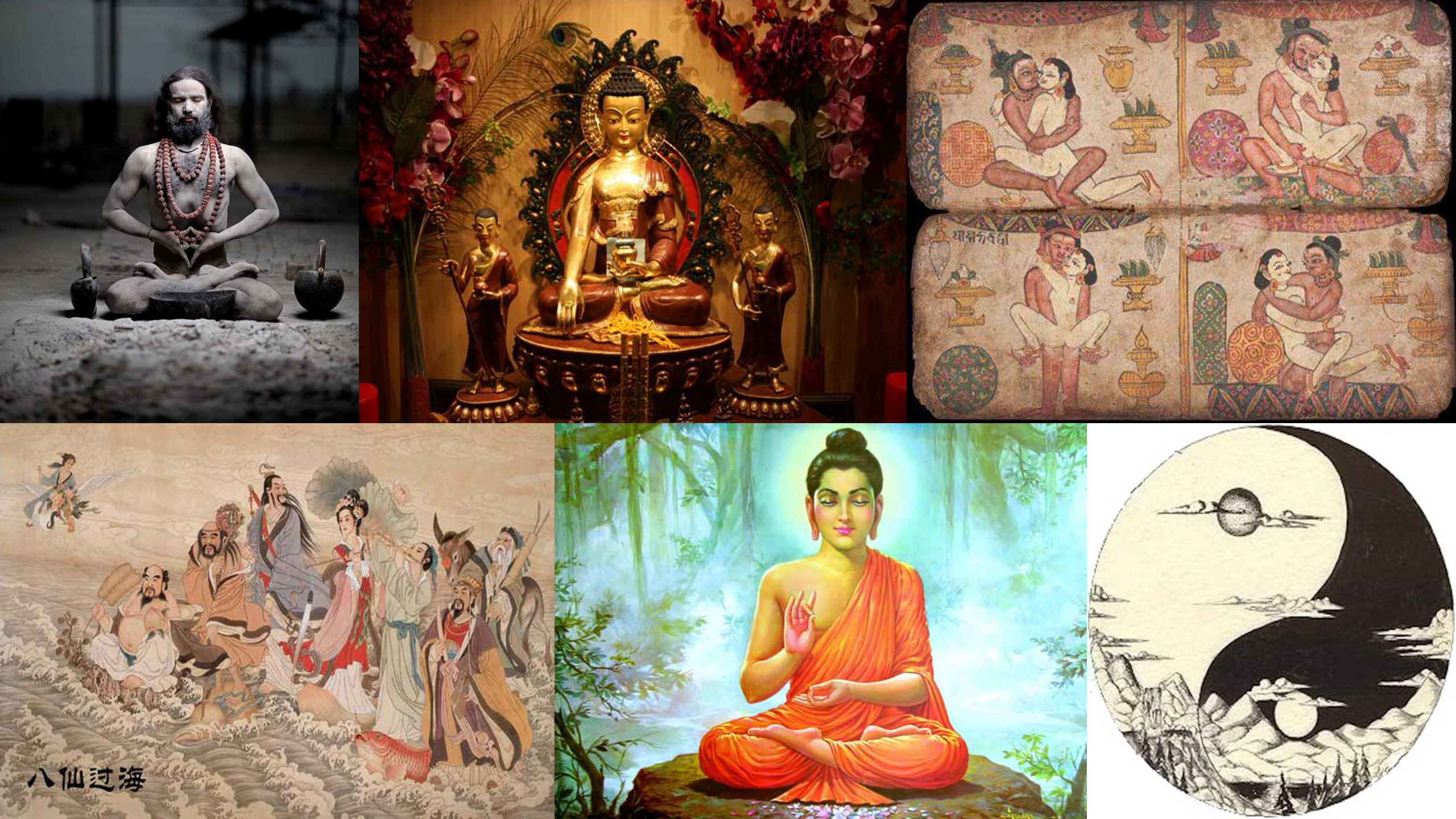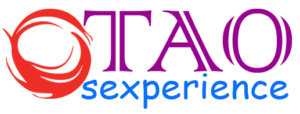The Tao of the Digital Realm: Ancient Wisdom Meets Modern Technology
Where Timeless Philosophy Meets the Virtual World
In an era defined by constant connectivity and digital immersion we can be practicing Taoism Online. The ancient Taoist wisdom offers surprising relevance and much-needed balance. The intersection of Taoism—a philosophy dating back thousands of years—with the internet—a technology barely decades old—creates a fascinating dialogue between timeless principles and cutting-edge innovation.
This exploration examines how Taoist concepts of flow, balance, and natural harmony might guide our increasingly digital lives. Can the wisdom that once helped sages navigate the natural world now help us find our way through the complex landscape of online existence? As our attention becomes increasingly fragmented and our lives more technologically mediated, perhaps the gentle wisdom of the Tao offers exactly the perspective we need.
From mindful digital consumption to finding balance between virtual connection and physical presence, Taoist principles provide a framework for approaching technology not as something to resist or surrender to, but as another aspect of existence to engage with awareness and intention. By applying ancient insights to contemporary challenges, we discover that the path toward digital wisdom may have been illuminated long before the first computer was ever conceived.

Embracing Digital Tao: Mindful Practices for Online Living
Finding Balance in the Virtual World
The ancient wisdom of Taoism offers remarkable guidance for navigating our increasingly digital lives. By applying Taoist principles to our online habits, we can transform potentially scattered digital experiences into mindful, purposeful engagement. Here are practical approaches to practicing Taoism in our connected world:
Intentional Engagement
Use Your Online Time Effectively – Take ten minutes before connecting to clarify your intentions. This small investment in planning typically yields triple the results, allowing you to move through digital spaces with purpose rather than reactivity. This practice honors the Taoist principle of mindful action.
Check Your Mail Less Often – Constant email checking fragments attention and disrupts natural workflow. Establish a rhythm where you first check messages, determine what requires response, then disconnect to compose thoughtful replies offline. This simple habit significantly reduces mental clutter, creating space for clarity and presence.
Wisdom in Navigation
Follow the Footsteps of Masters – While search engines excel at finding obscure information, begin with curated hierarchical indexes where others have already organized knowledge paths. This approach emphasizes browsing over searching, allowing you to benefit from collective wisdom—a deeply Taoist principle of learning from those who’ve walked the path before.
Not Everything Needs Immediate Attention – Prioritize activities according to energy levels and concentration. Search when your focus is sharpest, typically at the beginning of online sessions. Save interesting findings in organized bookmarks, then take refreshing breaks. This approach honors natural rhythms rather than forcing continuous productivity.
Transforming Limitations
Use Waiting Time Effectively – Internet delays offer opportunities for practicing patience. Schedule resource-intensive downloads during off-peak hours, then engage in offline activities rather than watching progress bars. This transforms potential frustration into productive pauses, aligning with Taoist principles of working with rather than against natural limitations.
Resist Materialism – Banner advertising not only slows connections but diverts attention from intended paths. Consider using programs that block these distractions, creating cleaner digital spaces that support focused intention rather than constant consumption.
Simplicity and Self-Knowledge
Bigger is Not Necessarily Better – Popular browsers often carry unnecessary complexity. Explore lighter alternatives like Opera that accomplish the same functions with less digital weight. This honors the Taoist appreciation for simplicity and essential function over unnecessary elaboration.
Know Yourself – Recognize your established online patterns and organize your digital environment accordingly. Create bookmark folders reflecting genuine interests, prune unused connections, and maintain only what serves your authentic path. This practice of digital decluttering mirrors the Taoist emphasis on simplicity.
Conscious Disengagement
Opt Out – Much digital noise is self-invited. Unsubscribe from low-value mailing lists, remove unproductive newsgroups, and implement tools to filter unwanted communications. This selective approach to information intake creates space for what truly matters.
Switch Off Your Computer – Perhaps the most Taoist practice of all—recognize when to disconnect entirely. When tired, power down. When bored, resist the default impulse to connect. Instead, walk outdoors, engage with friends in person, or read physical books. Channel energy toward balanced, embodied activities that complement digital engagement.
By integrating these practices, we can approach technology not as something that controls us or that we must control, but as another realm where we can apply the flowing, balanced wisdom of the Tao. In doing so, we transform potential digital distraction into mindful digital practice.
Practicing Taoism Online
Can Taoism be learned and practiced online?
Yes, Taoism can be learned and practiced online through digital resources, virtual communities, and guided practices. While traditional Taoist teachings were passed down in person, the internet provides access to:
- Taoist texts and philosophy through e-books and online courses.
- Meditation and Qi Gong classes via video tutorials and live sessions.
- Taoist forums and discussion groups to engage with like-minded practitioners.
- Online Taoist teachers and mentors who offer guidance and lessons.
With the right resources, one can develop a strong understanding of Taoist principles and integrate them into daily life.
What are the best online resources for studying Taoism?
There are many online platforms to explore Taoist philosophy, meditation, and energy practices. Some valuable resources include:
- Sacred Texts & Taoist Classics: Websites offering free access to the Dao De Jing, Zhuangzi, and I Ching.
- Online Taoist Courses: Platforms like Udemy, Coursera, and personal Taoist websites offering structured lessons.
- YouTube Channels: Many experienced Taoist practitioners provide free videos on Qi Gong, Tai Chi, and Taoist meditation.
- Taoist Forums & Groups: Reddit, Facebook, and Discord communities discuss Taoism, allowing for shared insights and discussions.
These tools make it easier to study and apply Taoism in daily life, no matter where you are.
How can I practice Taoist meditation and Qi Gong at home?
Practicing Taoist meditation and Qi Gong at home is simple with online guidance. Here’s how to start:
- Find a quiet space to sit or move freely without distractions.
- Follow guided meditations on platforms like YouTube or Insight Timer.
- Start with breathing exercises (Zhan Zhuang or abdominal breathing) to cultivate Qi.
- Practice Qi Gong movements to enhance energy flow and physical well-being.
- Use the Dao De Jing or I Ching as reflective tools for spiritual insight.
By committing to just 10-20 minutes a day, one can cultivate inner balance, improve energy flow, and deepen their Taoist practice.
How can I connect with other Taoists online?
Since Taoism does not have centralized institutions like other religions, online communities provide a way for modern practitioners to connect and share wisdom. You can:
- Join Taoist discussion forums on Reddit, Quora, and Taoist-specific websites.
- Participate in online study groups that explore Taoist texts and teachings.
- Attend virtual Qi Gong or Tai Chi classes via Zoom or live streams.
- Engage in social media groups dedicated to Taoist philosophy and lifestyle.
By interacting with others online, you can exchange ideas, receive guidance, and stay motivated in your practice.
What are the challenges of practicing Taoism online?
While the internet offers many resources, there are also challenges to learning Taoism online:
- Lack of direct teacher-student interaction can make it harder to receive personal guidance.
- Information overload can lead to confusion, as many sources interpret Taoism differently.
- No in-person energy work means practices like Qi Gong may take longer to master.
- Discipline and self-guidance are required, as there are no formal Taoist “rules” to follow.
To overcome these challenges, it’s important to choose credible sources, stay consistent with practice, and, if possible, seek an experienced mentor for guidance.

